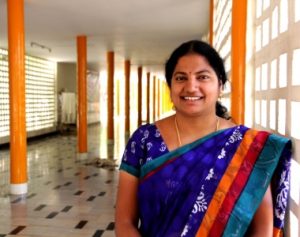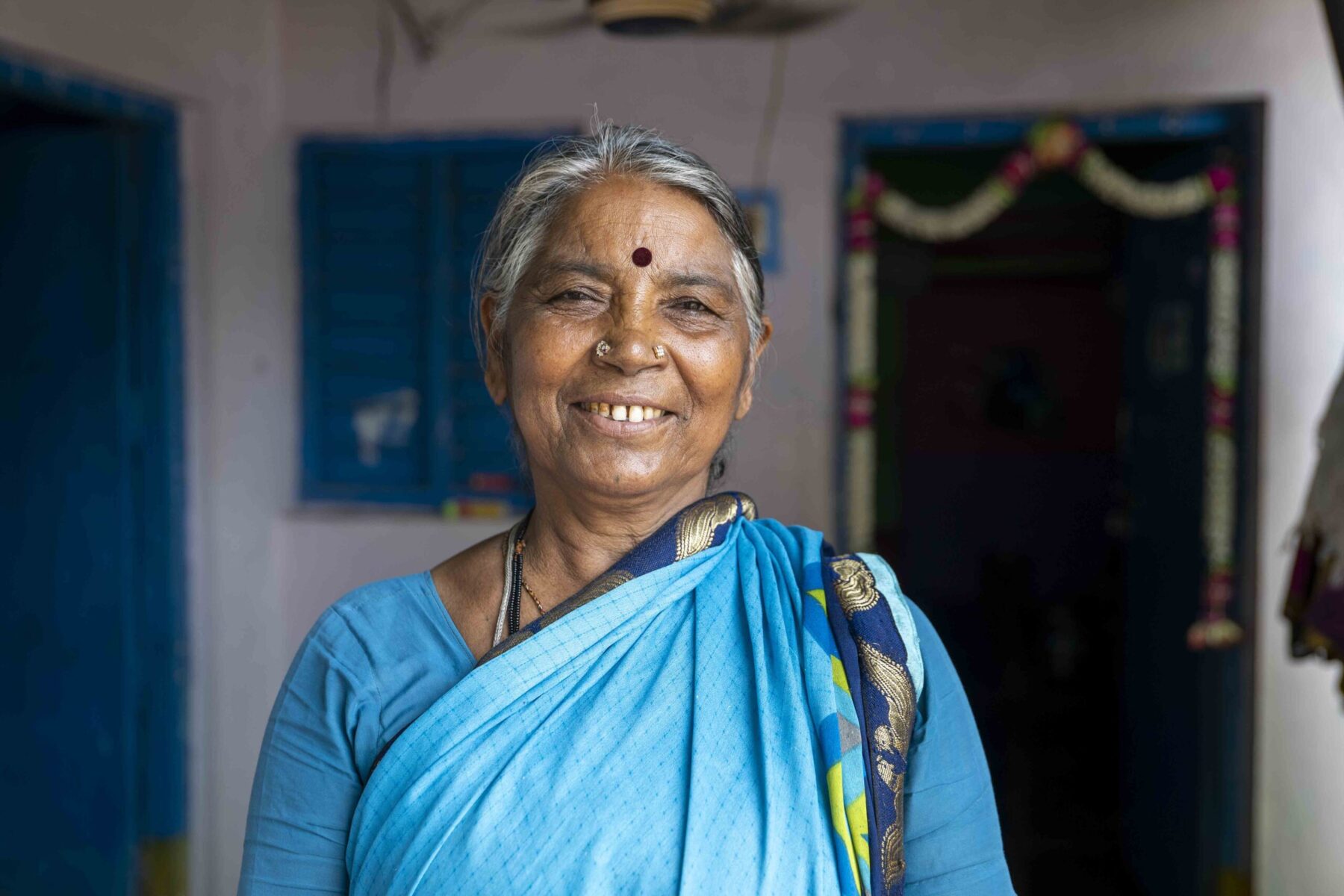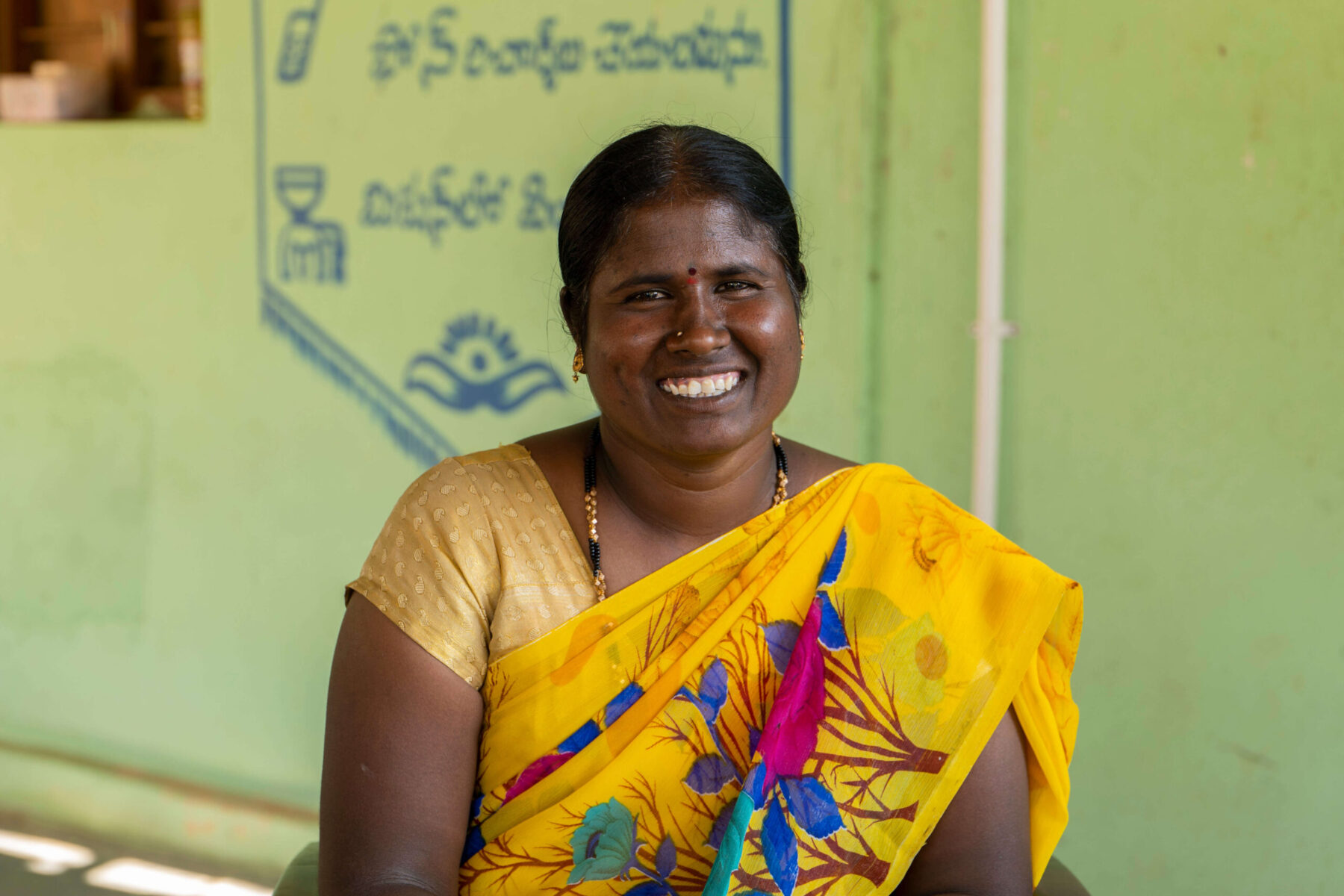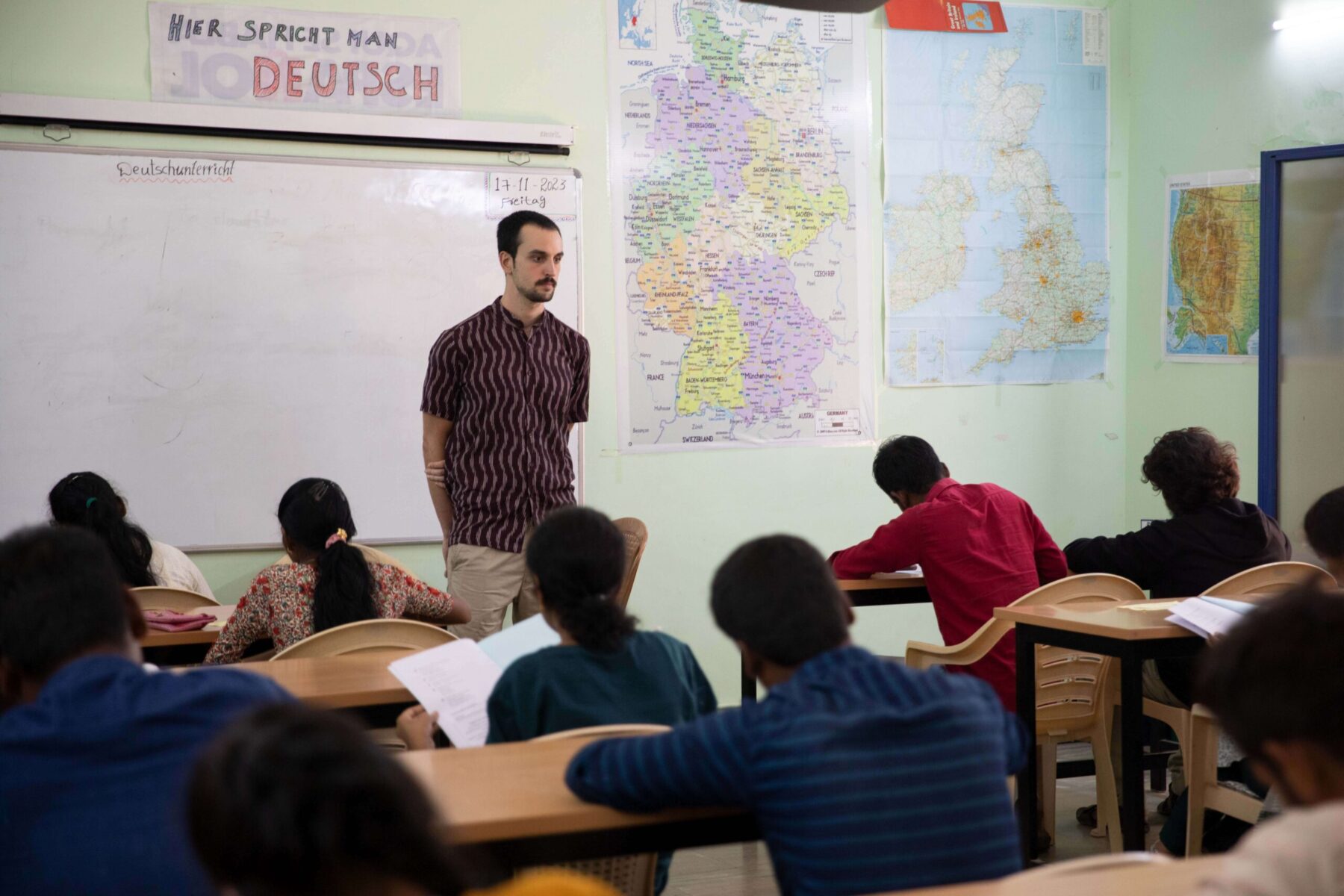
Vallivedu Gheetanjali has been the principal of RDT’s Professional Schools of Languages since the opening of its first centre in 2012. Gheeta has played different roles in RDT but says that this position has been “the most rewarding” because it allows her to closely follow the progress and success of the students. “The transformation of these students happens within months,” she adds.
Now, RDT has four professional schools. More than 100 students enroll every year with the strong determination to learn a foreign language, improve their English and soft skills and change their lives.
What is the objective of the Professional Schools of RDT?
In the villages, majority of the graduates lack the necessary training and skills required to face a job interview. The main goal of the four professional language schools is to curb the high unemployment rates amongst rural graduates. We give priority to candidates from disadvantaged backgrounds during the admission process.
The Professional School has set up two residential training courses: a one-year course where students learn soft skills, basic computer skills, English and a foreign language of their choice (German, Spanish and French) accompanied by official certificates, and also a six-month English course that also involves training in soft skills.
However, the main highlight of the professional school is not only the knowledge that the students get but also that it boosts their self-confidence. They start believing themselves and their capacities again.
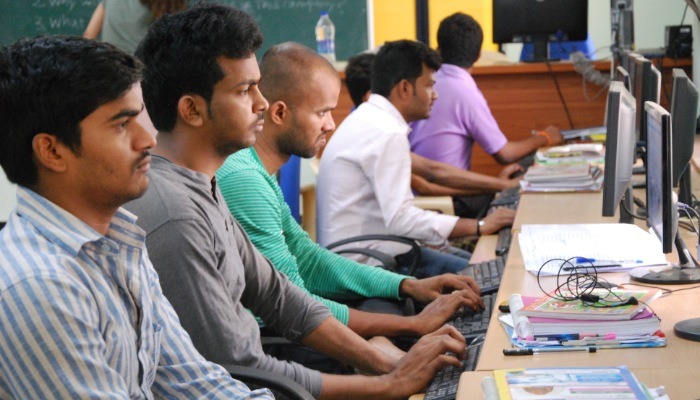
Why is there a module exclusively focusing on soft skills?
We found out that one of the main weaknesses of our students was when they have to exhibit their qualities and talent during a job interview. In the soft skills module, we not only offer guidelines on how to look for a job but also on how to present themselves at a job interview, how to prepare a good CV and to communicate in the workplace. Some of them used to go for job interviews without even combing their hair. Simultaneously, helping them attain a good level in written and spoken English.
What do Indian companies look for in their employees?
Many companies look for candidates with some speciality, especially in languages. Normally, they keenly look into the academic certificates, command over English and communication skills. Achieving proficiency in these areas is quite difficult for students in rural areas since the facilities are less. So they have to face many challenges.
Finding a job in big companies means earning a higher salary than they would ever get if they stay in the villages. This is a crucial aspect considering their economic situation. Thus, through the Professional Schools, we are directly helping these young graduates to find a decent job, while at the same time helping hundreds of families. Young graduates from rural areas gain the same opportunities as those from the urban areas.
The course finished few days ago and the new one is about to begin. How do you feel about it?
The end of an academic year is a big joy for me. Some students find jobs even before completing the officials exams while for others, it takes a bit longer. However, within a month or two after completing the course, 90% of them will be working in big cities like Chennai, Pune, Bangalore or Hyderabad and that is not an exception. It is what happens year after year since we started. I could not be more proud of them!
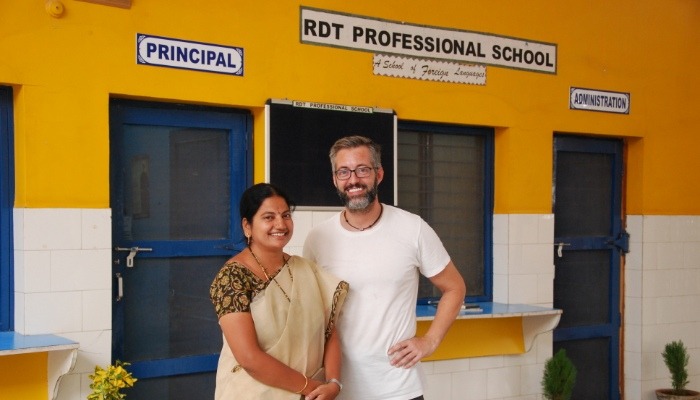
Text: Barbara Delgado

